A Brief Guide Into California Electric Bicycle Laws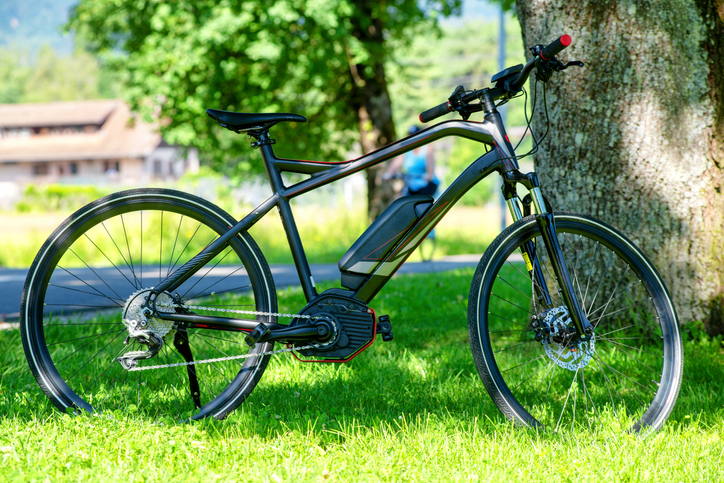
With nice weather year-round and as a practical alternative to gas-guzzling cars, the use of electric bicycles has significantly grown in recent years, especially in Southern California.
The Golden State has been a big proponent of electric bikes, but there are strict regulations on the classification and use of these bicycles.
There is much information to cover concerning electric bike laws, and it can get pretty complicated. Here is a simpified but comprehensive guide on the state’s e-bike laws and how to remain prepared in the event of a bicycle accident.
What Are Electric Bicycles?
California Vehicle Code 312.5, an electric bicycle is essentially a bicycle equipped with motor power. Other distinguishing features are that e-bikes are equipped with fully operable pedals and an electric motor under 750 watts. Additionally, there are three separate classifications of these motorized bicycles, including:
- Class 1: Pedal-assist only, max speed 20 mph
- Class 2: Pedal-assist or throttle, max speed 20 mph
- Class 3: Pedal-assist only, max speed 28 mph
What Is Not Considered an E-Bike 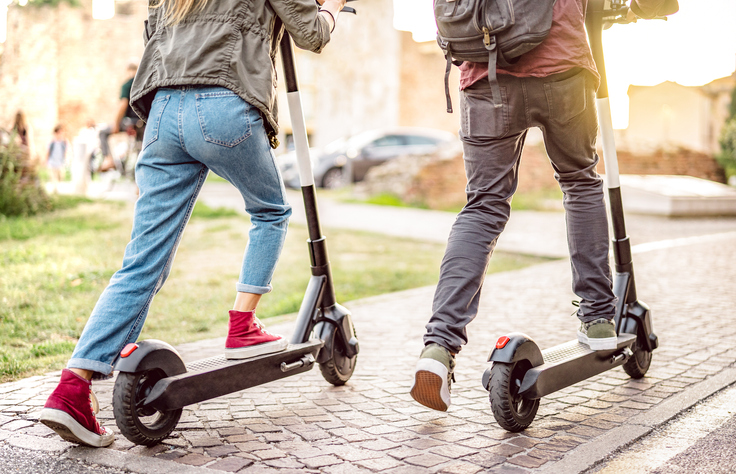
While there may be similarities in the build, not every motorized bicycle or vehicle is considered a speed pedal-assisted electric bicycle.
For example, motorcycles and mopeds, are not considered electric bikes. Generally, motor-driven cycles (under 150cc motors) and mopeds (30 mph max) must be registered with the DMV and require a motorcycle license to legally operate.
Conversely, e-bike riders are not required to register their electric bikes or obtain a riding license. However, Class 3 e-bikes may have stricter regulations. To ensure compliance, visit the California DMV website.
Zero-Emission Motorcycle (ZEM)
In California, “electric motorcycles” are similar but are not the same as e-bikes. The California Air Resources Board (CARB) categorizes them as “zero-emission motorcycles.” Common examples range from a moped to a motorized scooter to a motorcycle.
ZEMs must be registered with the DMV and are not permitted to ride bike paths. Whereas e-bikes do not need to be registered and can typically be ridden on bike lanes.
Electric Bike Laws in Bakersfield, CA
While electric bikes and conventional bicycles share many similarities, they are regulated differently. However, oddly enough, e-bikes are less regulated than other motor vehicles, even though they can reach equivalent speeds.
There are still some grey areas and Calfironia’s electric bike laws are continuously evolving to keep all road users safe. Here are the current laws and regulations.
Bike Lanes and Where E-Bikes Can Be Ridden 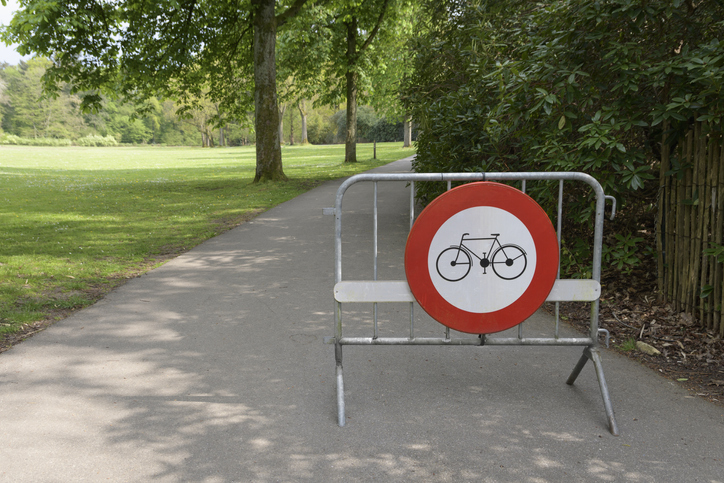
City and county regulations may be superseded by state laws. Generally, both Class 1 and 2 e-bike riders are permitted on bike paths and in bicycle lanes, but local authorities may restrict Class 3 access.
Additionally, when riding an e-bike on roadways, regular traffic laws still apply. This includes riding with the flow of other vehicles and obeying traffic lights/signs.
Depending on the local ordinance, an e-bike can sometimes be ridden on a bicycle path, sidewalk, or hiking or recreational trail.
However, the decision to allow electric bicycles on the Kern River Trail has been an ongoing topic of discussion.
Helmet Laws for Riding an E-Bike 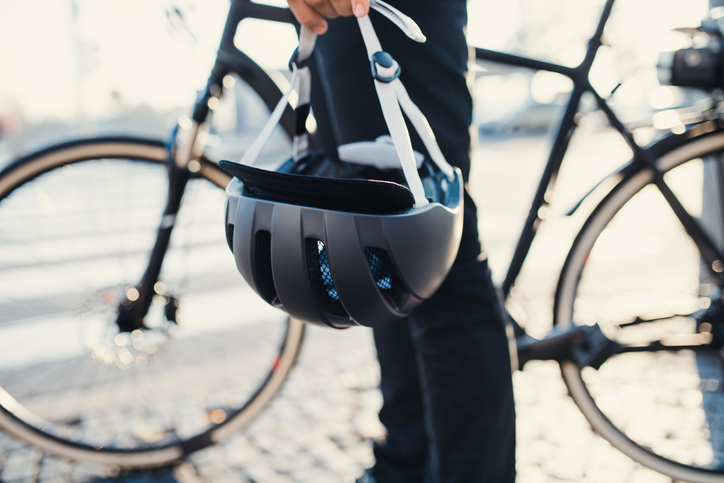
Like regular bicycle laws, helmets are mandatory for riders under 18 years old who are operating Class 1 or 2 e-bikes. However, it is always required to wear a helmet when riding a Class 3 electric bike, regardless of age.
Although adult riders are not typically required to wear a helmet, it is always best to keep e-bike safety in mind. A properly fitting safety helmet significantly reduces the chance of head and brain injury in the event of a bicycle accident.
Age Restrictions to Ride an E-Bike
California law requires e-bike riders with Class 3 electric bicycles, which are capable of reaching higher speeds, to be at least 16 years old. This age restriction does not apply to slower Class 1 and 2 e-bikes.
It cannot be emphasized enough to understand the importance of California e-bike classifications and regulations for operating them.
What Do I Do if I’m Involved in an E-Bicycle Accident?
Like bicycle accidents and motor-vehicle-related accidents, there are advisable actions that must be taken to keep health and well-being protected.
1. Get to a Safe Space 
Always prioritize safety. If physically able, move to the side of the road to avoid further collisions. If injuries are too severe, do not move.
Call 911 to report the crash. When calling for help, request medical assistance, and if necessary, an ambulance. It is also helpful to be examined by a paramedic at the accident scene, as it can prevent injury complications.
An official police report documenting the electric bike accident and injuries serves as valuable evidence in a personal injury claim.
2. Exchange Information
While at the accident scene, be sure to exchange contact information with witnesses and all involved parties. Insurance information will also need to be collected from the involved driver.
If injuries limit the capability to do this, ask for assistance. This can be delegated to a friend or family member called to the accident scene.
Do not engage in further conversation. Any comments made, even an apology, can be misinterpreted and negatively impact a bicycle accident claim.
3. Seek Immediate Medical Attention 
Sometimes, adrenaline and shock can mask injuries, leading a bicyclist to believe that a serious injury was not sustained.
While ambulance transport is not mandatory, be sure to immediately consult a doctor after the accident. This is crucial for a comprehensive assessment and timely treatment, prompting a smoother recovery.
Retain all medical bills and medical records listing diagnoses and treatment plans. These official documents are valuable evidence that supports how much victims should be compensated.
4. Contact an Experienced Bakersfield Bicycle Accident Attorney
Do not feel obligated to speak to the other party’s insurance company, especially if they are pressuring a settlement. These tactics are applied to injured victims before consulting with a law firm, who would advise against settling for the first convenient offer.
Insurance companies intentionally minimize personal injury claims to avoid taking full accountability for accidents. However, a Bakersfield bike accident lawyer can thoroughly examine the incident, calculate damages, and aggressively negotiate for maximum compensation.
Assistance from a Bakersfield Bicycle Accident Lawyer 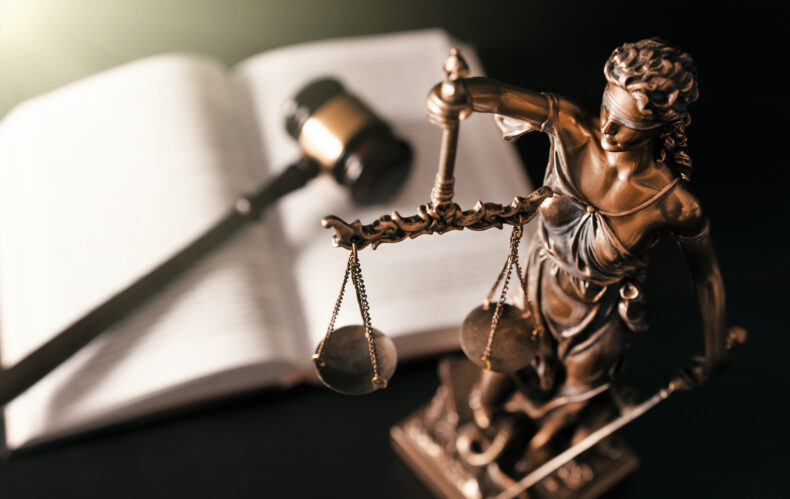
If you were involved in an e-bike accident, financial recovery for injuries and damages may be available, but navigating these cases requires expertise.
Horizon Accident Lawyers in Bakersfield, CA maintains a 99% success rate in defending clients’ rights and getting them the compensation they deserve. An experienced bicycle accident lawyer from our law firm can evaluate your case and help you file a personal injury claim.
Schedule a free consultation today to learn how we can assist with your case.
Call Us: (661) 432-1671